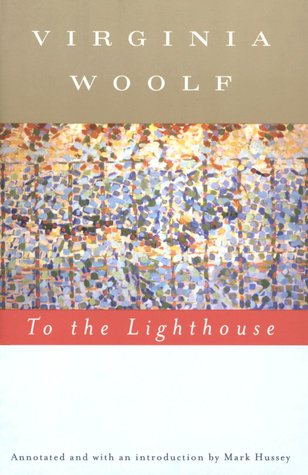More on this book
Community
Kindle Notes & Highlights
How then did it work out, all this? How did one judge people, think of them? How did one add up this and that and conclude that it was liking one felt, or disliking? And to those words, what meaning attached, after all?
she pitied men always as if they lacked something—women never, as if they had something.
that friendships, even the best of them, are frail things. One drifts apart.
She knew from the effort, the rise in his voice to surmount a difficult word that it was the first time he had said “we.” “We did this, we did that.” They’ll say that all their lives, she thought,
for what could be more serious than the love of man for woman, what more commanding, more impressive, bearing in its bosom the seeds of death;
at the same time these lovers, these people entering into illusion glittering eyed,
There was something frightening about her. She was irresistible. Always she got her own way in the end,
She put a spell on them all, by wishing, so simply, so directly,
and if you asked nine people out of ten they would say they wanted nothing but this—love; while the women, judging from her own experience, would all the time be feeling, This is not what we want; there is nothing more tedious, puerile, and inhumane than this; yet it is also beautiful and necessary.
There was in Lily a thread of something; a flare of something; something of her own which Mrs. Ramsay liked very much indeed, but no man would, she feared.
as if the sun of the love of men and women rose over the rim of the table-cloth, and without knowing what it was she bent towards it and greeted it.
And all the lives we ever lived And all the lives to be, Are full of trees and changing leaves,
But through the crepuscular walls of their intimacy, for they were drawing together, involuntarily, coming side by side, quite close, she could feel his mind like a raised hand shadowing her mind;
making the world reflect the compass of the soul.
That man, she thought, her anger rising in her, never gave; that man took. She, on the other hand, would be forced to give.
as if she were caught up in one of those habitual currents in which after a certain time experience forms in the mind, so that one repeats words without being aware any longer who originally spoke them.
this moment of friendship and liking—which survived, after all these years complete, so that she dipped into it to re-fashion her memory of him, and there it stayed in the mind affecting one almost like a work of art.
What is the meaning of life? That was all—a simple question; one that tended to close in on one with years. The great revelation had never come. The great revelation perhaps never did come. Instead there were little daily miracles, illuminations, matches struck unexpectedly in the dark; here was one.
they looked up at the sky and said it will be fine or it won’t be fine.
But this was one way of knowing people, she thought: to know the outline, not the detail, to sit in one’s garden and look at the slopes of a hill running purple down into the distant heather.
and making it his business to tell her women can’t write, women can’t paint, not so much that he believed it, as that for some odd reason he wished it?
Half one’s notions of other people were, after all, grotesque. They served private purposes of one’s own.


